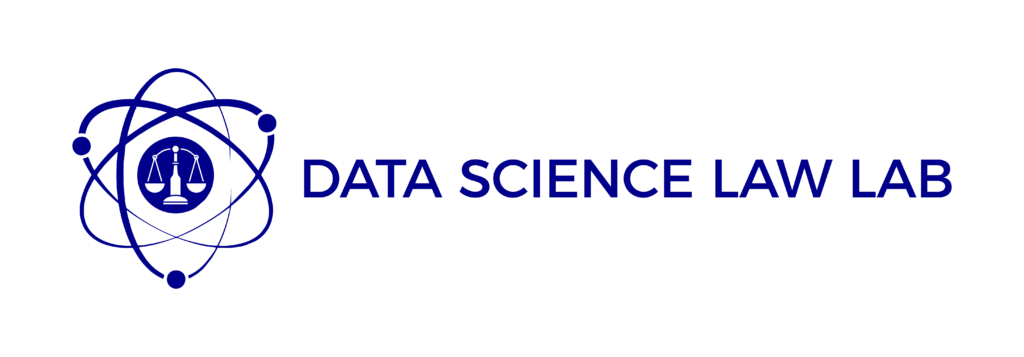Virtual Roundtable on Artificial Intelligence, Intellectual Property and Sustainability in Africa
On 06 May 2024, the Data Science Law Lab at the University of Pretoria (South Africa) will host a virtual Roundtable on Artificial Intelligence, Intellectual Property and Sustainability in Africa. The goal of the Roundtable is to share information on the efforts, contributions, visions, challenges and plans of the triple helix (government, industry and academia) in managing and addressing the relationships between AI, IPRs and the SDGs. The event will also feature a Quickfire Demo, where postgraduate IP students have the opportunity to win prizes based on their pre-recorded short video thesis (<5 minutes) on various aspects of the interface and relationship between AI, patents and the SDGs. To register, click here.
Date: 06 May 2024
Time: 10:30am – 12:30pm (SAST)
Venue: Zoom [To register, click here]
Context
The 2030 Agenda for Sustainable Development, adopted by all United Nations Member States in 2015, provides a shared blueprint for peace and prosperity for people and the planet, now and into the future. At its heart are the 17 Sustainable Development Goals (SDGs), which are an urgent call for action by all countries – developed and developing – in a global partnership.
Since the adoption of the SDGs, there has been complex debate across various jurisdictions on the role of intellectual property (IP) in advancing and achieving the SDGs. Various literature has examined how IP law interacts with, influences and impacts each of the 17 SDGs. This debate has become more intense with the developments in the field of artificial intelligence (AI) and other emerging technologies. Specifically within the realm of AI, IPRs and the SDGs, various positions have been taken. Some have decried that as a result of the exclusive and monopolistic position that IPRs offer, there might be no (positive) role that IPRs could play in sustainability or in achieving the SDGs. In the view of other groups, data and studies have shown that IPRs can be tools to tackle sustainability goals. With the advent of disruptive technological developments such as AI, the contribution of IPRs to sustainability may be evident in the manner in which they could incentivise AI-related tools, creations and inventions. Further, AI has continued to prove helpful for IP administration and examination amongst other things.

